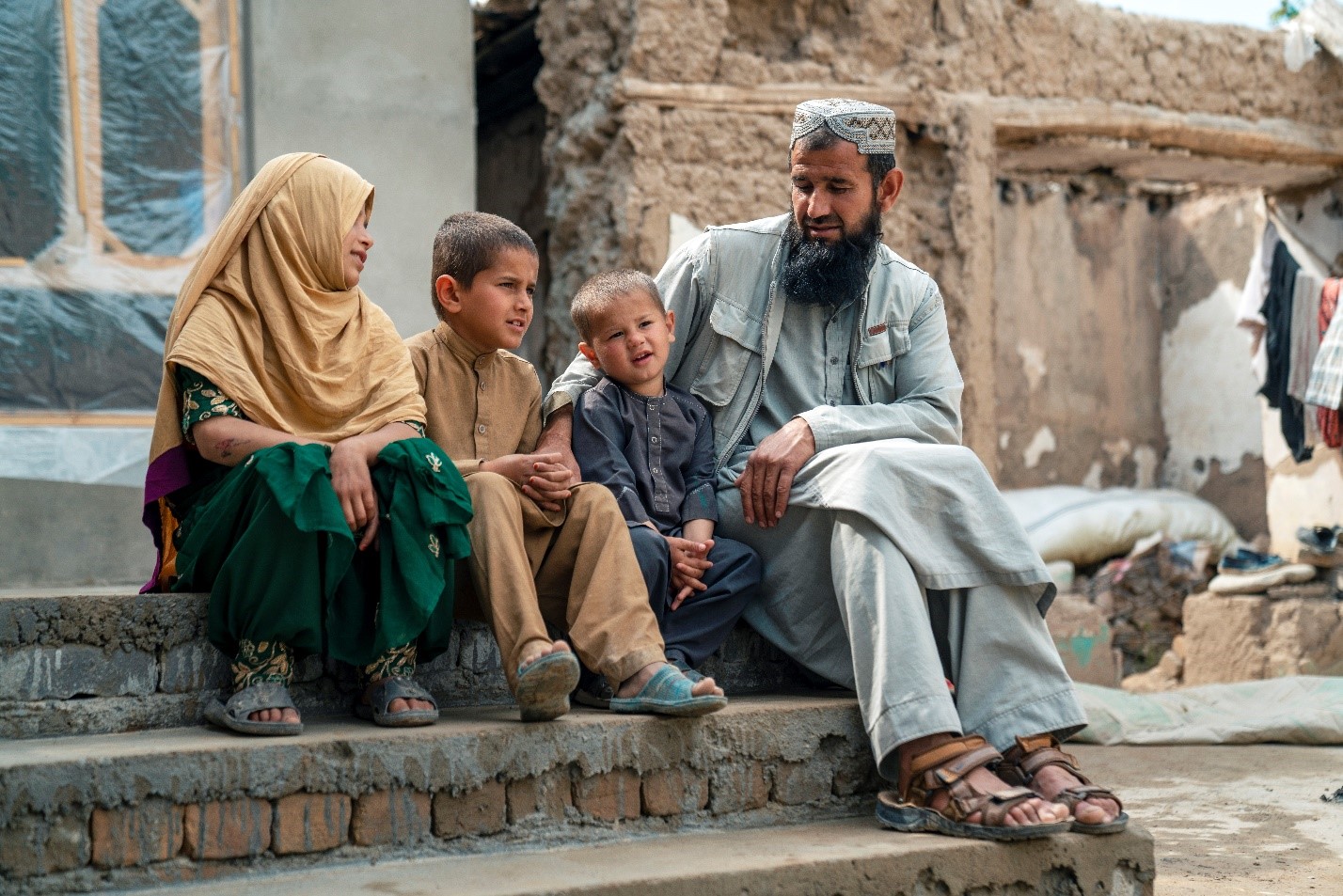Regional Overview
In 2026, the humanitarian and human rights situation inside Afghanistan remains dire. Approximately 2.8 million Afghans returned to the country during 2025 from Iran and Pakistan - the largest scale of returns in recent history. Housing, access to finance, and food assistance, together with the provision of essential documentation and protection services for children, women and girls constitute the principal needs upon arrival. Fostering new economic opportunities for returnees and host communities remains essential for sustainable reintegration, through investments in entrepreneurship, improving market access, and access to Sharia-compliant microfinance.
Afghanistan remains primarily a protection emergency characterized by high levels of protracted displacement, mine and explosive ordnance contamination, restrictions to freedom of movement, increased risk of gender-based violence (GBV), child labour, early marriage and increased needs for mental health and psychosocial support. The 2026 Humanitarian Needs and Response Plan estimates that 21.9 million people (45 per cent of Afghanistan's population) require humanitarian assistance to survive. Key priorities include providing food aid to address acute food insecurity affecting an estimated 17.4 million people, safe drinking water, healthcare, and education; and addressing acute water, sanitation, and hygiene (WASH) needs. The protection of vulnerable groups, especially women, girls, boys and those living with disabilities, remains paramount, involving safe spaces, legal support, psychosocial services, and long-term resilience initiatives.
The situation for Afghans in neighboring host countries has become increasingly challenging, with economic fragility reducing livelihoods opportunities, a spiraling cost of living crisis, and rising instances of xenophobia. The principal host countries of Pakistan and Iran who have hosted Afghans for decades need to be adequately supported. The sub-region needs continued and increased assistance in line with the Global Compact on Refugees and the Solutions Strategy for Afghan Refugees (SSAR).

The Islamic Republic of Iran is currently hosting approximately 2.5 million Afghans. While limitations in State service delivery have become more acute, Iran has continued to extend its inclusive health and education policies to Afghans residing in the country. However, following the expiry of Headcount Slips in March 2025 and the launch of a regularization scheme affecting approximately two million Afghans, over 2.8 million Afghans returned from Iran during 2025, with the majority of returns concentrated between March and September.
The Islamic Republic of Pakistan hosts approximately 1.3 million Afghan refugees and refugee-like individuals. Following the resumption of the 'Illegal Foreigners Repatriation Plan' (IFRP) announced on in March 2025, targeting undocumented Afghans and Afghan Citizen Card (ACC) holders, and subsequently expanded on 31 July to include Proof of Registration (PoR) card holders, approximately 1 million Afghans returned from Pakistan during 2025. Women and girls, journalists, musicians, artists, and ethnic minorities, in view of the human rights situation in Afghanistan, are particularly at risk.
The mass scale of returns in adverse circumstances has strained Afghanistan's already overstretched resources and services, hindered reintegration efforts, and led to risks of onward and new displacement, including cyclical return movements back into Pakistan and Iran. There is a critical window of opportunity to ensure that neighboring host countries are adequately supported to continue hosting Afghans. The alternatives include the continued destabilization of displaced populations and a risk of onward movements as the humanitarian and human rights crisis in Afghanistan continues.
Further information on the Afghanistan Situation can be found here:
Afghanistan Situation Regional Refugee Response Plan 2024-2025 - Mid-Term Updat…
Afghanistan Humanitarian Needs and Response Plan 2026